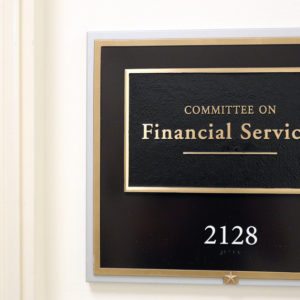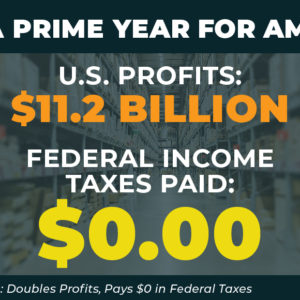
How North Korea Abuses Anonymous Companies to Illicitly Procure Mercedes — and Weapons
The images of Chinese President Xi Jinping and Kim Jong-un waving from atop a Mercedes Benz limo have made the rounds on the internet over the past few days in the wake of a new study published by the Center for Advanced Defense Studies (C4ADS) and covered by the New York Times and CNN, among others. C4ADS research details how North Korea has evaded sanctions to secure luxury goods — and other more nefarious items — through its illicit finance operations.






